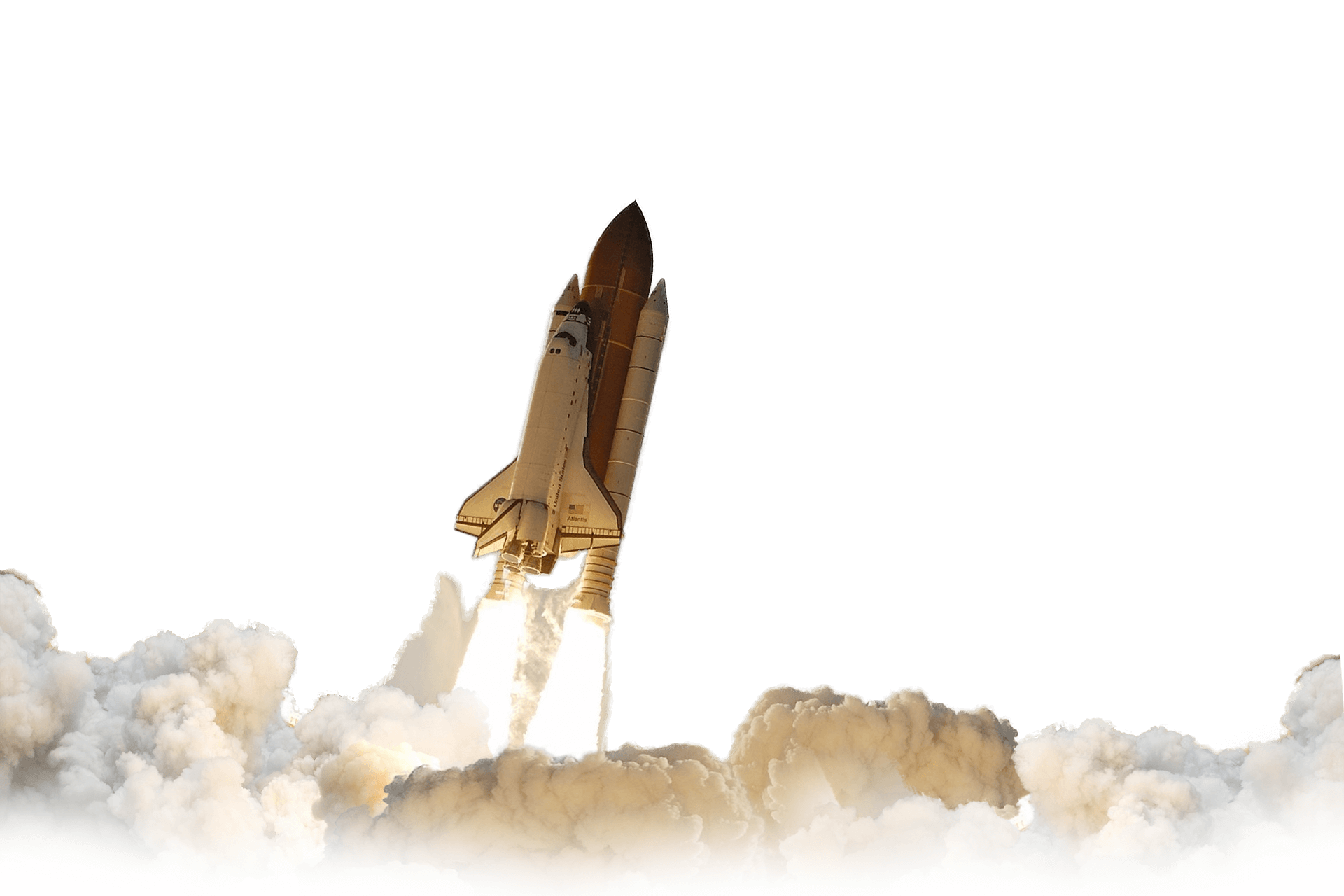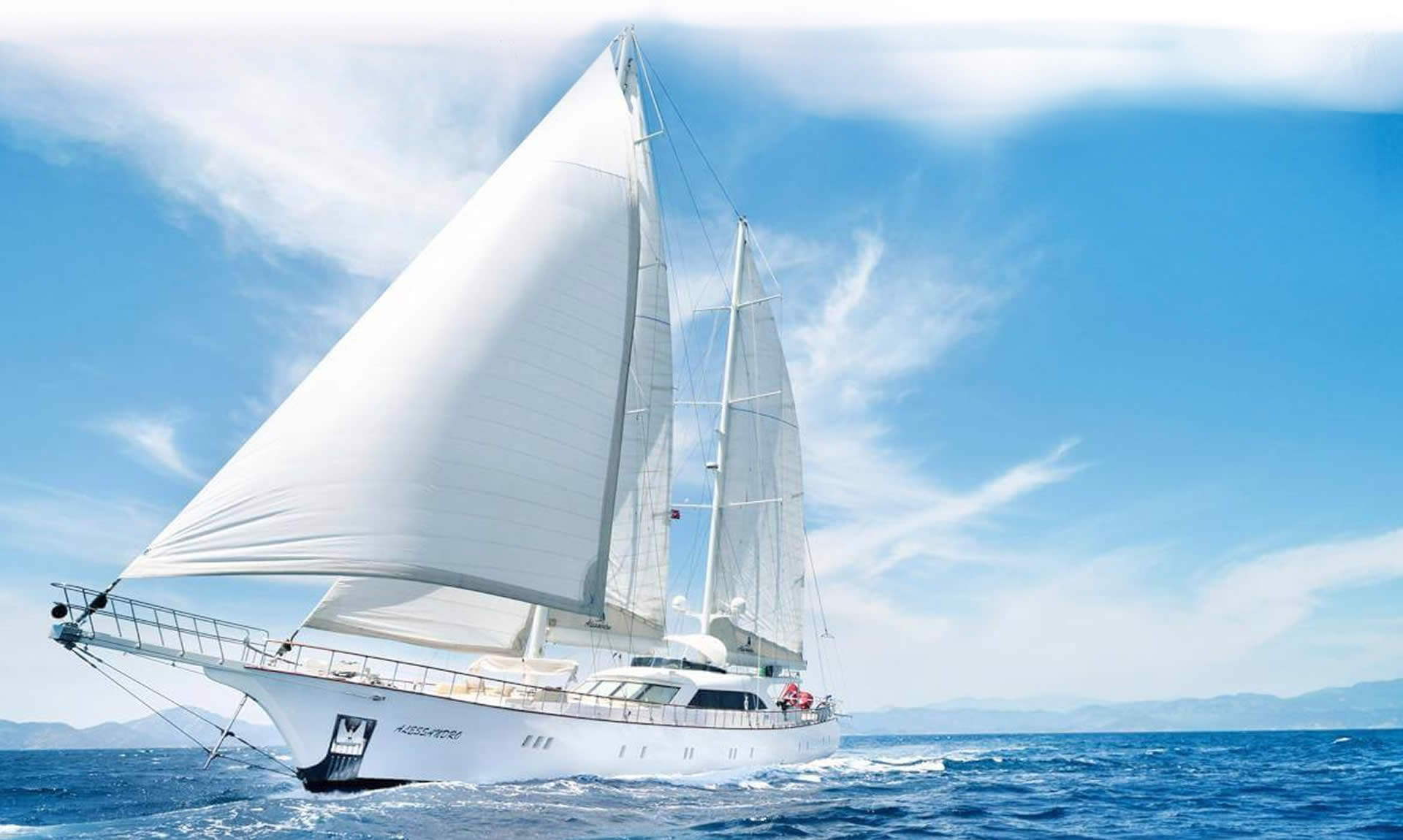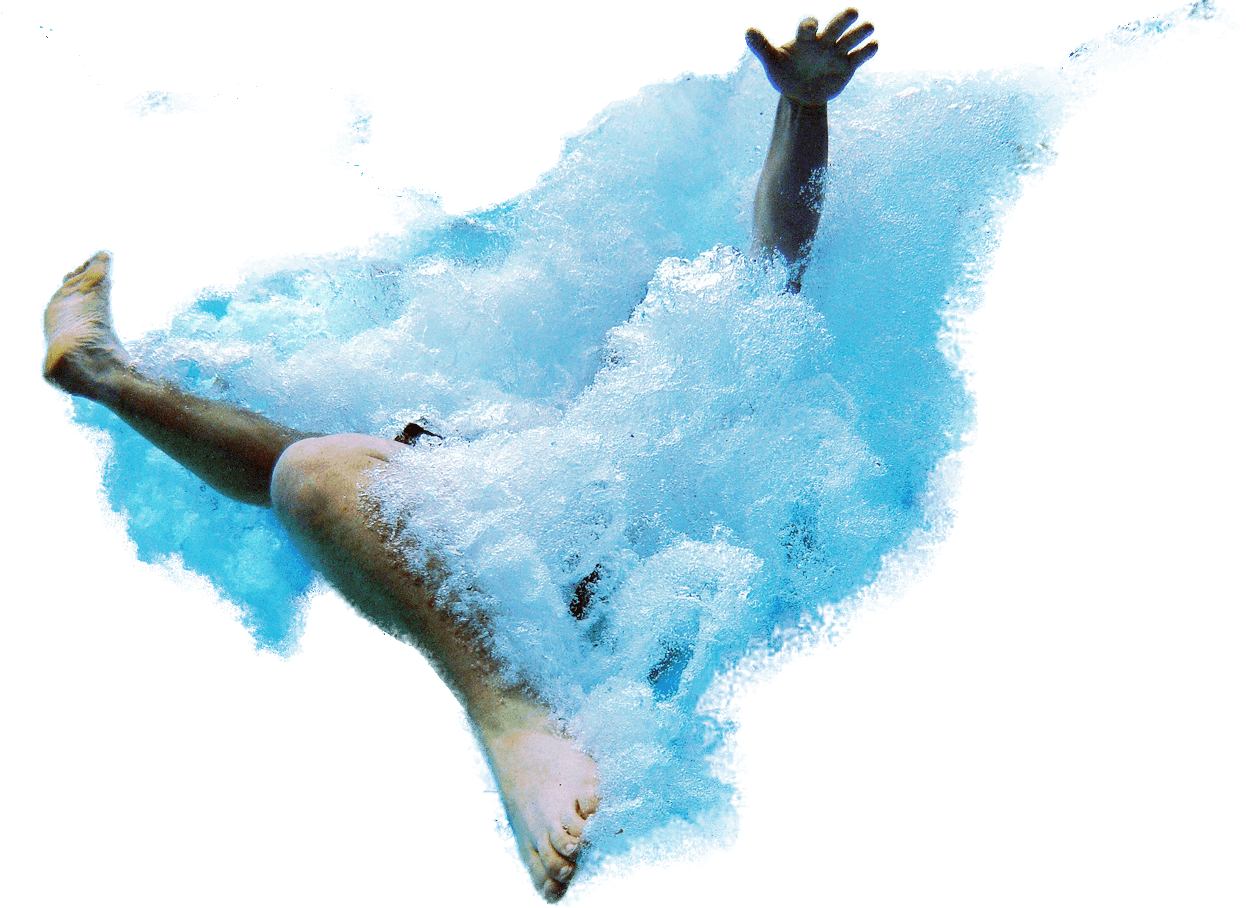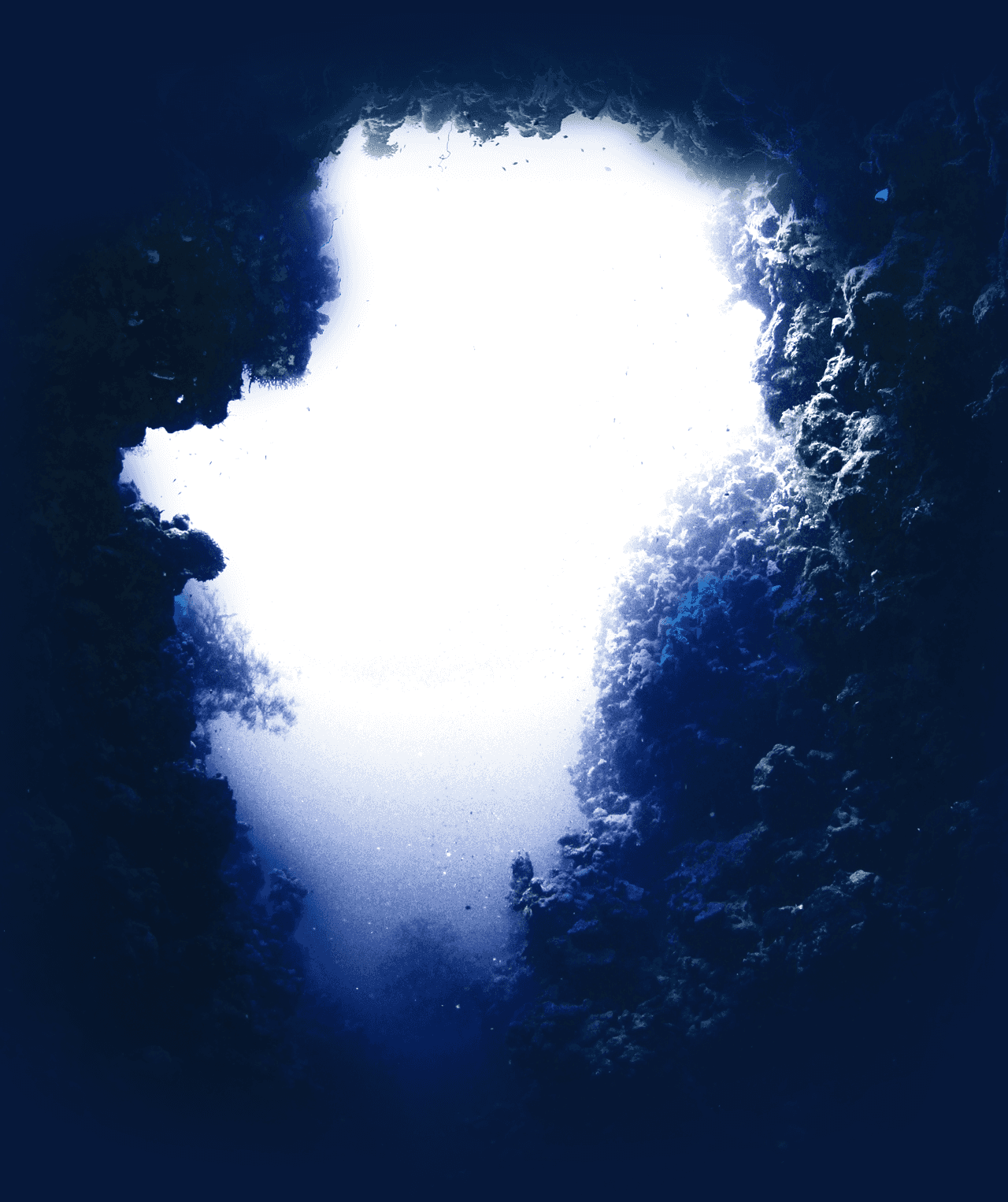From Space to Shiny Sea



What others say about our beautiful planet Earth!
“I think the one overwhelming emotion that we had was when we saw the earth rising in the distance over the lunar landscape . . . .
It makes us realize that we all do exist on one small globe. For from 230,000 miles away it really is a small planet.”
– Frank Borman, Commander of Apollo 8
“For the first time in my life I saw the horizon as a curved line. It was accentuated by a thin seam of dark blue light—our atmosphere. Obviously this was not the ocean of air I had been told it was so many times in my life. I was terrified by its fragile appearance.”
– Ulf Merbold, ESA Astronaut
“To see the earth as it truly is, small and blue and beautiful in that eternal silence where it floats, is to see ourselves a riders on the earth together, brothers on that bright loveliness in the eternal cold—brothers who know now they are truly brothers.”
– Archibald MacLeish, American Poet


Space vs Ocean
Space is infinite and out of reach, while the oceans are finite and limited to our planet. We have been sailing the oceans for centuries, while space exploration is less than a century old. We must know more about the oceans. How could our oceans contain more mysteries than outer space.
Nautical exploration is as old as humans. There were sailors and sea merchants mentioned in the Bible, and maritime travel and commerce was common during the ancient period, as the Romans and Greeks both took to the seas to explore. Today, we remain committed to sea travel from the global shipping industry, to luxury yacht charters, hundreds of thousands nautical miles are covered each day around the world. Yet, our oceans being more trafficked than ever, they remain mostly a mystery.




Ocean
An ocean (from Ancient Greek Ὠκεανός, transc. Okeanós, the sea of classical antiquity) is a body of saline water that composes much of a planet’s hydrosphere. On Earth, an ocean is one of the major conventional divisions of the World Ocean, which covers almost 71% of its surface. These are, in descending order by area, the Pacific, Atlantic, Indian, Southern, and Arctic Oceans. The word sea is often used interchangeably with “ocean” in American English but, strictly speaking, a sea is a body of saline water (generally a division of the world ocean) partly or fully enclosed by land.


Scuba Diving
The ocean can be described in an endless number of ways. It’s refreshing, beautiful and humbling. It’s vast, mysterious and terrifying. It’s magnificence has inspired countless novels, films, documentaries, songs, and writers.
If it were a god, it would already have millions of devoted disciples — divers, scientists, surfers, biologists, ocean-going enthusiasts — who are in constant awe of its power and beauty.
According to the MarineBio Conservation Society, humans have only explored less than 10 percent of that “living space,” which pretty much means we know absolutely nothing about the blue marble of a world we live in.



Why should we explore the ocean?
Exploration is key to increasing our understanding of the ocean, so we can more effectively manage, conserve, regulate, and use ocean resources that are vital to our economy and to all of our lives.
© 2000 – 2024 WorldSailors.com | Build with love ❤ | Fueled by coffee ☕ | Design & Hosting by: CaptB